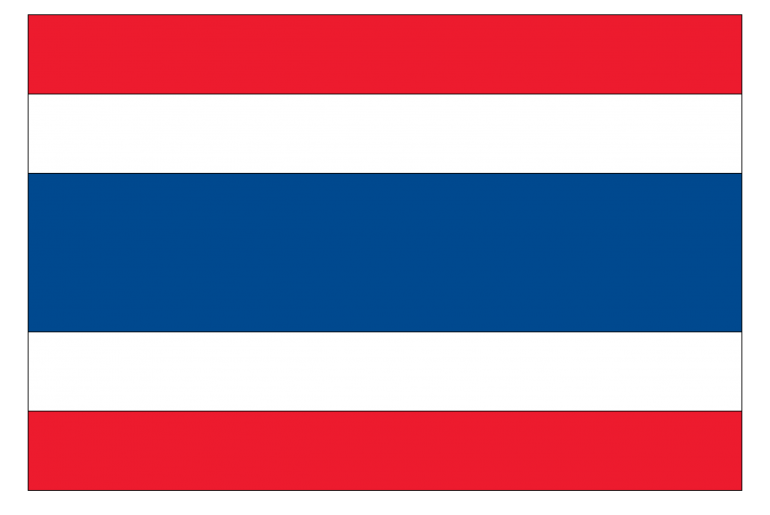The Washington, DC-based Office of the US Trade Representative (USTR) has announced the suspension of $817 million in trade preferences for Thailand under the Generalized System of Preferences (GSP) program because it has not made sufficient progress providing American exporters with “equitable and reasonable market access” for pork products as outlined in a 2018 petition from the National Pork Producers Council (NPPC).
“For years, Thailand has taken full advantage of special US trade benefits, while imposing a completely unjustified de facto ban on US pork. This is hardly a reciprocal trading relationship,” said NPPC President Howard “AV” Roth, a hog farmer from Wauzeka, Wisconsin. “We thank the Trump Administration for taking this action and hope it results in fair access to the Thai market for US hog farmers.”
 He added: “The United States is Thailand’s number one export market, with almost $4 billion of products annually sent to America under the GSP. Yet Thailand does not accept uncooked pork and pork offal from the United States, and it rarely, if ever, grants import licenses for US pork. Even if such permits are granted, Thailand imposes a fee for imported pork equal to about $220 per metric ton compared with $7.50 per metric ton for domestically produced pork. While the United States ships high-quality, safe and affordable pork to more than 100 countries annually, unjustified restrictions have kept US pork locked out of Thailand’s large market.
He added: “The United States is Thailand’s number one export market, with almost $4 billion of products annually sent to America under the GSP. Yet Thailand does not accept uncooked pork and pork offal from the United States, and it rarely, if ever, grants import licenses for US pork. Even if such permits are granted, Thailand imposes a fee for imported pork equal to about $220 per metric ton compared with $7.50 per metric ton for domestically produced pork. While the United States ships high-quality, safe and affordable pork to more than 100 countries annually, unjustified restrictions have kept US pork locked out of Thailand’s large market.
The USTR decision is effective on December 30, 2020, and will close the review of Thailand. The list of products to be excluded from GSP for Thailand is focused on products for which the United States is a relatively important market for the Southeast Asian nation, but where Thailand accounts for a relatively small share of US imports. It does not include frozen shrimp or other seafood, but does include frozen pineapple, bananas and melons.
GSP, the largest and oldest US trade preference program, is designed to promote economic development by allowing duty-free entry into the United States market for 3,500 products from the 119 designated beneficiary countries and territories. To remain eligible for these advantages, beneficiary countries must comply with 15 statutory eligibility criteria, including taking steps to afford internationally recognized worker rights, providing adequate and effective protection of intellectual property rights, and assuring equitable and reasonable access to its markets.





